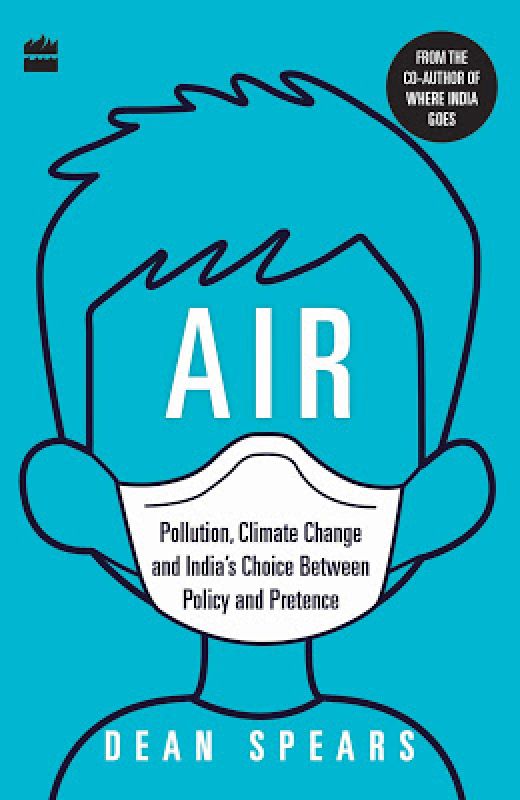- Met office issues nationwide 72-hour heat alert |
- No respite from heat wave for five days: Met office |
- Over 2,100 men evacuated as Indonesian volcano spews ash |
- Dhaka air unhealthy for sensitive groups Saturday morning |
- North Korea conducts a test on 'super-large warhead': KCNA |
Dhaka world’s second-worst air polluted city Thursday

Air
Dhaka, Jan 20 -- The residents in Dhaka, the densely populated capital of Bangladesh, continue to gasp for fresh air.
On Thursday, Dhaka has been ranked as the world's second-most polluted city, as its air quality index (AQI) was recorded at 258 at 9.42am, considered 'poor' or 'very unhealthy'.
Russia’s Krasnoyarsk and India’s Delhi occupied the first and third spots, with AQI scores of 290 and 257, respectively, in the list of world cities with the worst air quality.
An AQI between 201 and 300 is said to be 'poor', while a reading of 301 to 400 is considered 'hazardous', posing serious health risks to residents.
AQI, an index for reporting daily air quality, is used by government agencies to inform people how clean or polluted the air of a certain city is, and what associated health effects might be a concern for them.
In Bangladesh, the AQI is based on five criteria pollutants -- Particulate Matter (PM10 and PM2.5), NO2, CO, SO2 and Ozone.
Dhaka has long been grappling with air pollution issues. Its air quality usually turns unhealthy during winter and improves during monsoon.
A report by the Department of Environment (DoE) and the World Bank in March 2019 pointed out that the three main sources of air pollution in Dhaka "are brick kilns, fumes from vehicles and dust from construction sites".
With the advent of winter, the city’s air quality starts deteriorating sharply due to the massive discharge of pollutant particles from construction works, rundown roads, brick kilns and other sources.
Air pollution consistently ranks among the top risk factors for death and disability worldwide. Breathing polluted air has long been recognised as increasing a person’s chances of developing heart disease, chronic respiratory diseases, lung infections and cancer, according to several studies. - UNB

